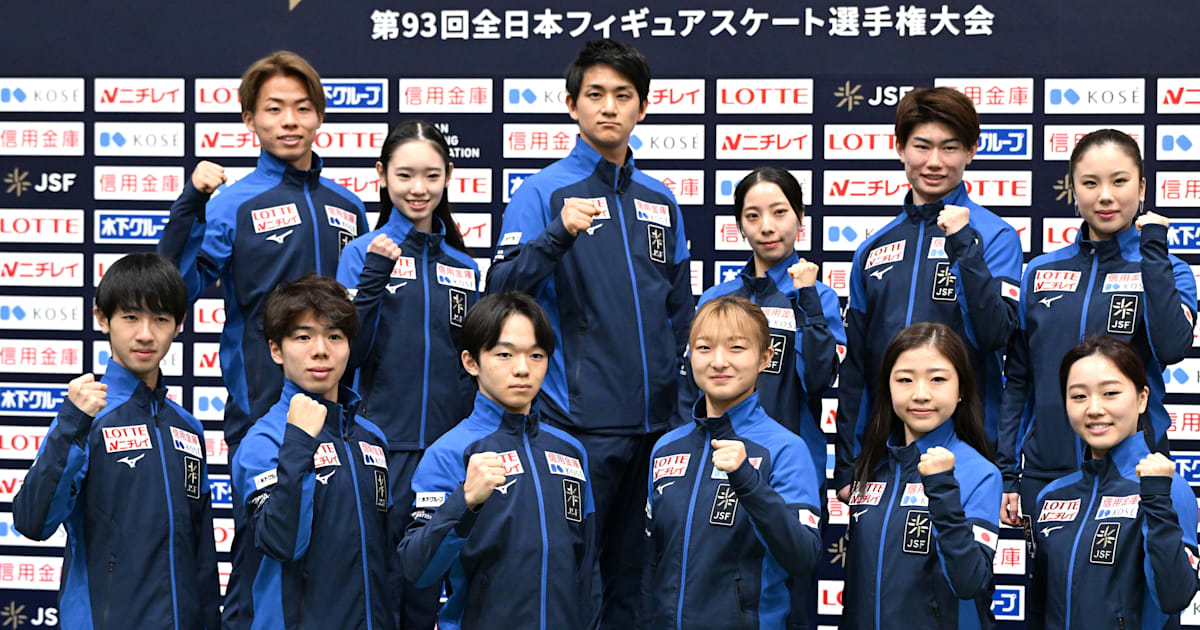Fashion
A Reflective Review: Delving into the World of Luxury Fashion Management

I recently began an interesting educational adventure with the Illuminate Universe Community Leadership Program. This transformative experience provided me with the opportunity to explore a variety of business fields while also providing me with the necessary skills and insights for success. In this review, I will discuss what I learned from the work-integrated experience and explain how it has benefited my personal and professional development.
The Illuminate Universe Community Leadership Program focuses on fostering positivity, resilience, and personal growth among participants through a well-structured and adaptive learning approach. This journey empowers students, including myself, to explore various fields while developing crucial skills for success.
During the luxury fashion management experience, I appreciated the flexibility that allowed me to manage my learning pace effectively alongside other responsibilities. The content was thoughtfully curated, breaking down complex ideas into manageable modules, thus enhancing learning efficiency and knowledge retention.
Historical Evolution and Contemporary Influences
Luxury fashion has evolved over centuries, acting as a sign of rank, wealth, and power in ancient civilizations such as Egypt, Rome, and China. Fashion was elevated to an art form during Europe’s Renaissance, which celebrated beauty and craftsmanship in clothing and accessories.
Socioeconomic developments, technical advancements, and changing consumer behaviours all have an impact on luxury fashion today. The digital revolution has had a significant impact on the sector, changing the way brands interact with consumers and market their products. Social media platforms, e-commerce channels, and digital storytelling have all become vital tools for luxury businesses looking to engage with a new generation of consumers who value authenticity, exclusivity, and sustainability.
Brand Management and Identity
Luxury fashion’s complexities go beyond the products themselves, encompassing the intricate psychology of consumer behaviour and branding. Successful luxury fashion businesses not only sell products but also craft narratives that resonate with consumers’ aspirations and identities, creating an emotional connection. This emotional connection often stems from the brand’s rich heritage, meticulous craftsmanship, and the allure of exclusivity. Exclusivity plays a crucial role in luxury consumer behaviour, driving strong demand for high-end products. The ownership of something rare, distinctive, or personalized satisfies both the desire for differentiation and the need to belong to an elite group. This pursuit of exclusivity not only enhances consumer loyalty but also reinforces the prestige associated with luxury brands.
Effective consumer relationship management (CRM) is extremely important in luxury fashion and goes far beyond mere transactions. It centres on cultivating enduring connections with each customer by understanding and responding to their unique interests, preferences, and values. This personalized approach is vital for fostering long-term brand loyalty and advocacy among clientele.
Embracing Technology: The Future of Luxury Fashion
Luxury fashion, like many industries, is actively embracing new technologies to elevate the consumer experience. Luxury fashion brands are incorporating cutting-edge innovations such as Augmented Reality (AR) to enable virtual try-ons of apparel and accessories, giving individualized shopping experiences from the comfort of one’s own home. AR also increases engagement with interactive marketing and immersive in-store experiences. Meanwhile, Virtual Reality (VR) is revolutionizing the worldwide exhibition of collections with immersive runway shows and digital storefronts, providing customers with new ways to interact with fashion.
Artificial Intelligence (AI) now plays a crucial role by analyzing data to deliver personalized product recommendations and predict future trends, thereby transforming fashion retail through insightful data-driven strategies that enhance customer interactions. These advancements underscore luxury fashion’s dynamic evolution in tandem with digital innovation, reshaping the landscape of high-end retail and consumer engagement.
Embarking on a luxury fashion career demands more than talent and passion; it necessitates a strategic approach to spotting opportunities and setting clear, achievable career goals. Here are four essential tips for aspiring professionals in this dynamic and competitive field:
Stay Informed with Market Research: Keep abreast of current trends, key players, emerging brands, and market dynamics in luxury fashion. Understand the histories and unique attributes of established luxury houses to gain a competitive edge.
Identify Lucrative Niches: The luxury fashion realm spans haute couture, ready-to-wear, accessories, and sustainability. Identifying niches that align with your passions and skills can help you focus your career aspirations effectively.
Specify Your Goals: Instead of a general interest in luxury fashion, identify specific roles or areas that inspire you. Whether your goal is to lead as a creative director in sustainable luxury or specialize in brand management, having clear career objectives will significantly enhance your professional path.
Build a Strong Personal Brand: In the competitive world of luxury fashion, your personal brand can set you apart. Define your unique style and voice, and use platforms like social media and networking events to showcase your expertise and aesthetic.
The learning experience not only provided valuable insights into the luxury fashion industry but also equipped me with essential skills, particularly in personal branding and leveraging social media for professional growth. I gained proficiency in effective personal branding strategies, with a strong focus on maximizing digital presence, utilizing social media, and enhancing public relations. These skills are pivotal in any business arena, offering significant opportunities for career advancement.
One pivotal strategy emphasized is Strategic Social Media Engagement. This involves choosing platforms such as Instagram and LinkedIn that resonate with your target audience’s preferences and actively participating in industry dialogues. It’s crucial to maintain a cohesive brand identity across all platforms and engage followers by consistently sharing expertise and valuable content. This approach not only nurtures connections with industry peers but also showcases your professional expertise, positioning you as a credible authority in your field. Regularly evaluating and refining your branding efforts ensures continuous enhancement of your digital footprint and professional impact, benefiting any business sector in which you aspire to excel.










